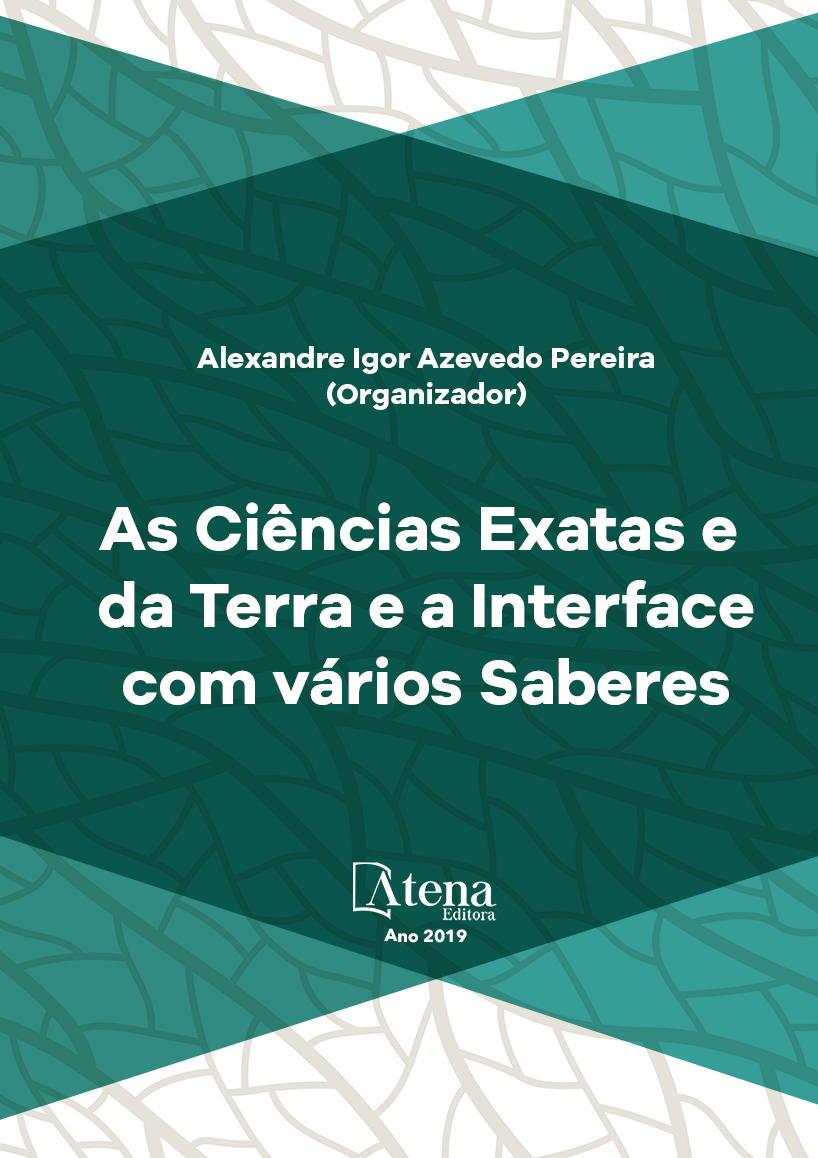
LUDICIDADE NO ENSINO FUNDAMENTAL 1: UMA CONCEITUADA ESTRATÉGIA PARA O APRENDIZADO DE CIÊNCIAS E MATEMÁTICA
O presente trabalho foi construído a partir de investigações realizadas em uma escola pública localizada na cidade de Apucarana, PR, que teve como universo vinte e quatro crianças do Ensino Fundamental I. O objetivo delineado foi analisar o processo ensino-aprendizagem aplicando recursos metodológicos envolvendo a ludicidade ao longo de todo o ano letivo. Para verificar o desenvolvimento dos alunos, a aplicação do jogo ocorreu nas disciplinas de ciências e matemática onde os alunos demonstram maiores dificuldades, porém nada impede que o jogo seja utilizado em diversas outras áreas. Autores como Yin (2001), Kishimoto (2005), Soares et al (2014) e Teixeira (2014) foram utilizados para pesquisa e fundamentação teórica do estudo. Utilizou-se como técnica de investigação a observação participante, e como instrumento as atividades dirigidas realizadas em espaço escolar. A ludicidade pode se tornar uma alternativa para o ensino-aprendizagem, pois os alunos aprendem os conteúdos de uma maneira mais rápida, fácil e precisa. Portanto, a sugestão das atividades lúdicas do presente trabalho apresentou-se como uma ótima alternativa a ser utilizada pelos professores do Ensino Fundamental I.
LUDICIDADE NO ENSINO FUNDAMENTAL 1: UMA CONCEITUADA ESTRATÉGIA PARA O APRENDIZADO DE CIÊNCIAS E MATEMÁTICA
-
DOI: 10.22533/at.ed.86119231213
-
Palavras-chave: Ensino Fundamental I; Ludicidade; Ensino-Aprendizagem.
-
Keywords: Basic Education I. Playfulness. Learning Teaching.
-
Abstract:
The present study was based on research carried out at a public school located in the city of Apucarana, PR, which had twenty-four children, from Basic Education I. The objective was to analyze the teaching-learning process applying methodological resources involving playfulness throughout the school year. To verify student development, the application of the playfulness occurred in the science and mathematics disciplines where students show greater difficulties, but nothing prevents the playfulness from being used in several other areas. Authors such as Yin, (2001), Kishimoto, (2005), Soares et al, (2014) and Teixeira, (2014) were used for research and theoretical foundation of the study. Participant observation was used as a research technique and as instrument directed the activities conducted in school space. Playfulness can become an alternative to learning and teaching as students have been able to learn content faster, easier and more accurately. Therefore, the suggestion of the playful activities of the present work was presented as a great alternative to be used by the teachers of Basic Education I.
-
Número de páginas: 10
- Maria Cecília Becel Roberto
- Lusia Aparecida Becel
- Makoto Matsushita
- Elton Guntendorfer Bonafé
- Milena do Prado Ferreira
- SHARISE BEATRIZ ROBERTO BERTON


